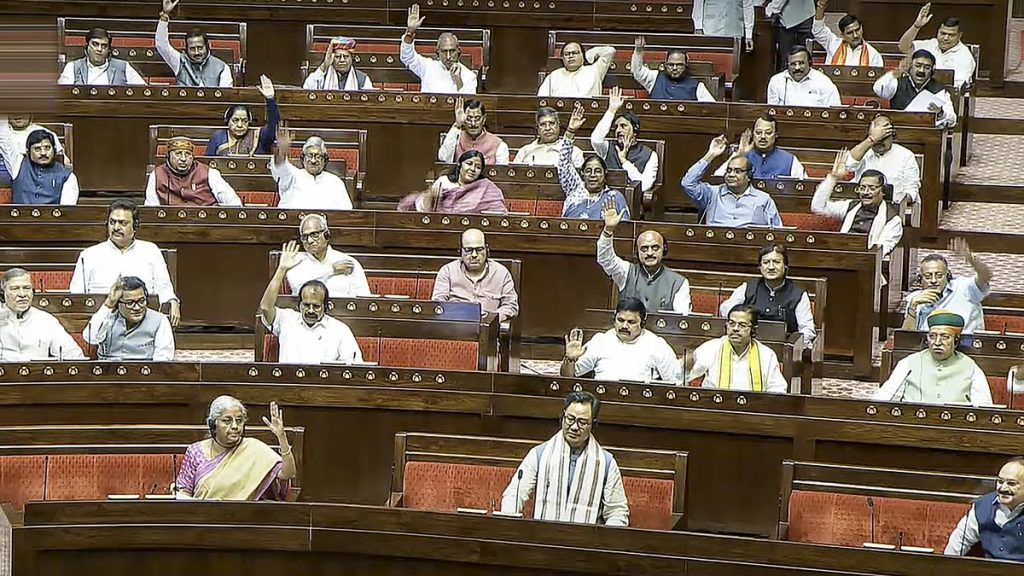Now Reading: A.P. Governor to Launch Red Cross Campaign Against Single-Use Plastics in Guntur
-
01
A.P. Governor to Launch Red Cross Campaign Against Single-Use Plastics in Guntur
A.P. Governor to Launch Red Cross Campaign Against Single-Use Plastics in Guntur
Swift Summary
- The Indian Red Cross Society, Andhra Pradesh, has initiated a campaign called the “War on Single-use Plastic” aimed at making the state India’s first plastic-conscious region.
- The campaign will engage over 50,000 students from 540 schools as “Green Warriors” under Junior red Cross programs.
- It launches formally with Governor S. Abdul Nazeer inaugurating it; 70 schools will receive cloth bags in a pilot project.
- The initiative incorporates youth leadership,local partnerships,and operational strategies for measurable environmental results.
- students will be trained to adopt reusable alternatives, instill enduring habits, and influence changes within their families and communities.
- execution involves a six-step model: student enrolment → education modules → habit tracking → waste collection → recognition → review.
- Strategic partners contributing to various aspects include Magsmen Brand Consultants, saywhat NGO, Atoms Digital Solutions, and Women’s College in Guntur.
- Funded via CSR contributions and voluntary donations at an annual budget of ₹75 lakh.
Indian Opinion Analysis
The “War on Single-Use Plastic” campaign exemplifies innovative grassroots efforts for addressing India’s environmental challenges. By mobilizing school students as environmentally conscious leaders (“Green Warriors”), this initiative not only targets immediate behavioral changes but also fosters long-term sustainability through education. with strategic multi-sectoral collaborations ensuring smooth execution-from messaging design to digital infrastructure-the program demonstrates practical scalability.
This localized approach in Guntur provides a viable template that could expand across India if successfully implemented. The funding secured through CSR contributions highlights how private stakeholders can align with public goals for collective impact without government dependency. However,achieving enterprising outcomes requires sustained community engagement beyond pilot phases. Building consistent metrics based on their six-step model could help evaluate broader success while increasing replicability statewide.
Learn more: The Hindu





















